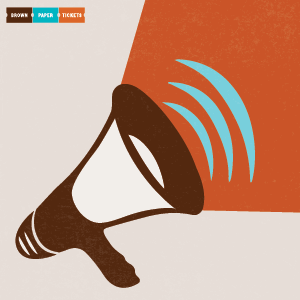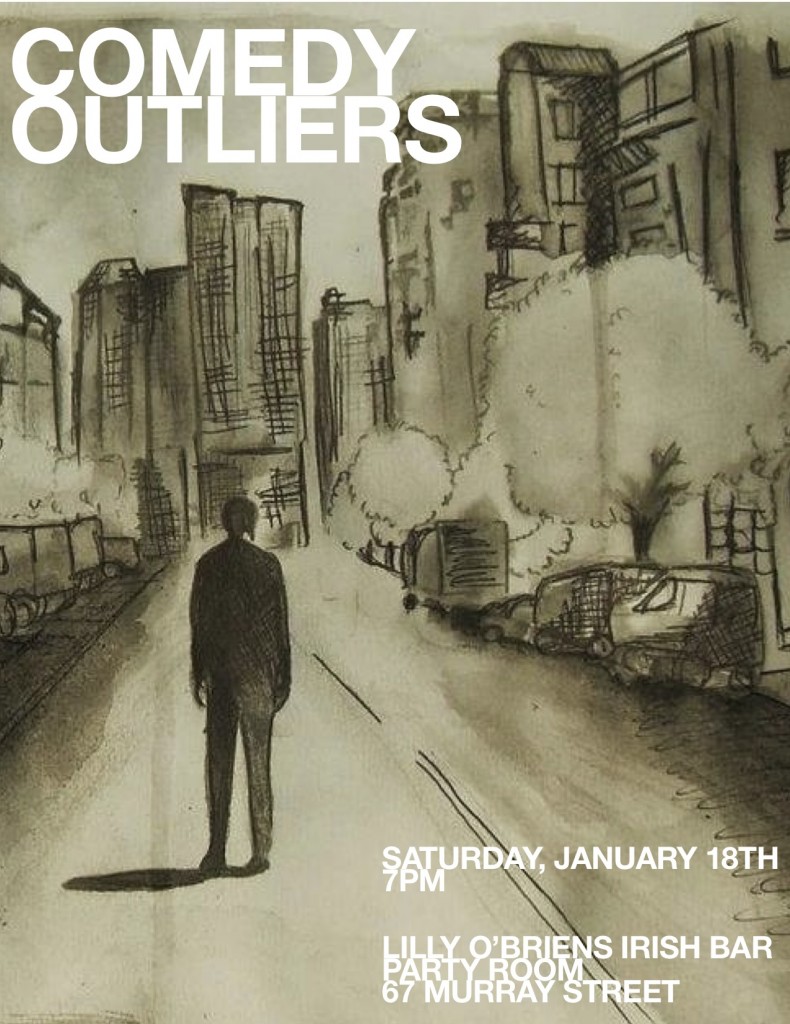
 Press releases (often called media releases) are a great way to disseminate information to the media for them to use in a variety of different ways, including for interviews or in-depth articles. Writing a press release sounds daunting, so we’ve got you covered with a few tips. If you have any additional questions, you can always reach out to our promo team for support.
Press releases (often called media releases) are a great way to disseminate information to the media for them to use in a variety of different ways, including for interviews or in-depth articles. Writing a press release sounds daunting, so we’ve got you covered with a few tips. If you have any additional questions, you can always reach out to our promo team for support.
1. Target your audience
Focus on the audience you want to read your press release. It helps to target certain media outlets and adjust your writing to fit them. For example, you wouldn’t want to write the same press release for Seventeen Magazine and The Wall Street Journal.
If you are struggling to find media outlets, think back to your target audience: where do they find their information? How do they get their news? Seek out these publications or media outlets.
2. Before you write your press release
Define your unique value proposition, the golden nugget of your event. Additionally, pick out a few flashy facts about your event. Is it the first of its kind? Do you have any well-known performers? Have you won any awards in the past? Do attendees get free swag? What exactly is notable about your event? List all the details you can think of, and keep your unique value in mind when writing.
If you are having trouble targeting these superlatives, read our in-depth piece on attracting press coverage.
3. Writing your release
To start, set up your formatting correctly. Create a letterhead, with your phone, email and full name. To indicate that your release’s information is ready to be distributed, add “For Immediate Release” below your contact information. If you don’t want anyone publishing the information in your release until a future date, write “For Release on (date).”
Next, you’ll write the title of the release, which should be short and to the point, followed by a one-sentence-long, italicized subtitle. Once you’re finished with the title and subhead, begin the body of your press release. Check out our example to see the best way to format your release.
Write in a journalistic voice—not like advertising copy, but more like a newspaper. Rely heavily on provable facts. Most media sources will want to be able to pull quotes or descriptions directly from your press release. Some may even publish it directly – so check it for general grammar as well as professional tone.
The first paragraph – known as the “lead” paragraph – should include a hook. This is what brings the reader in and excites them about your event. Try to show, rather than tell them about the event as it will be – what can attendees expect to see when they arrive? What is going to surprise them about your event?
Highlight the “golden nugget” early to keep interest. Additionally, try to address as many of the “five W’s” (who, what, when, where, why) as possible.
The second or third paragraph usually includes a quote from the spokesperson of your event or brand. This quote highlights why you are doing your event, or why it is special.
Feel free to use bullets within the release as well to break up the paragraphs and highlight important information, such as performers, caterers, the program’s schedule, and so on.
When you write your final paragraph of your release, circle back to your value proposition and include where to find more details about your event. Include a link to your Brown Paper Tickets’ event page, as well as your contact information. Press releases always end with three, centered italicized hashtags (###) to signify the end of the release. If you have a mission statement for your event or company, put it under the hashtags.
4. Proofreading
Making sure your release is written well is very important. Most journalists use AP Style and editing your release in accordance with this styleguide will get you far. Have a co-worker or friend read over the release and spot errors or typos. Also, our promo team can help edit and revise and boost your press release and make sure it is up to journalistic standards. Additionally, once you get your release polished, the promo team can curate a media list specifically for you and your event.
5. Distribute
The next step is to send out your press release to media sources, curated by our promo team or your personal contacts. You will want to make sure you customize each email to each media outlet, specific to them, the language they use and the editors you’re writing to.
Got any press release writing tips? Share them below in our comments section.



 Arts
Arts Comedy
Comedy Event Tips
Event Tips Film
Film Food & Drink
Food & Drink Good Causes
Good Causes Music
Music News
News Radio
Radio Roller Derby
Roller Derby